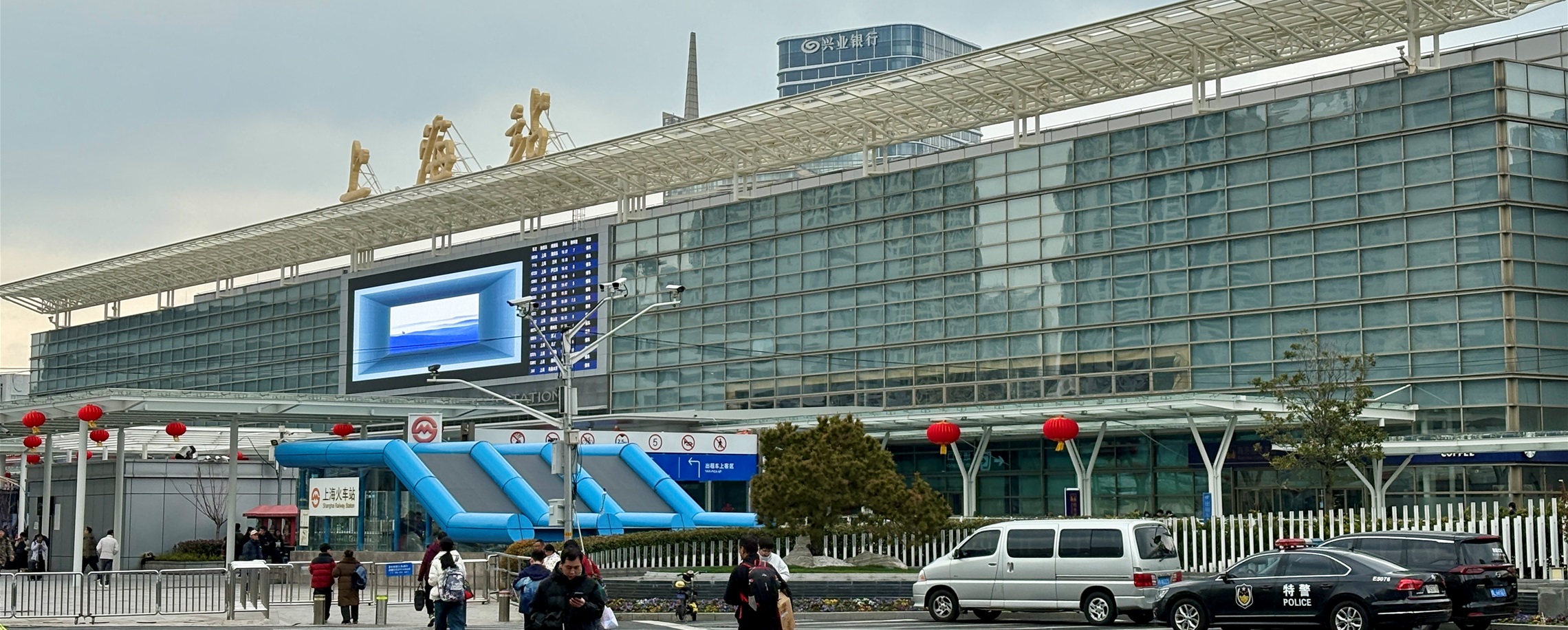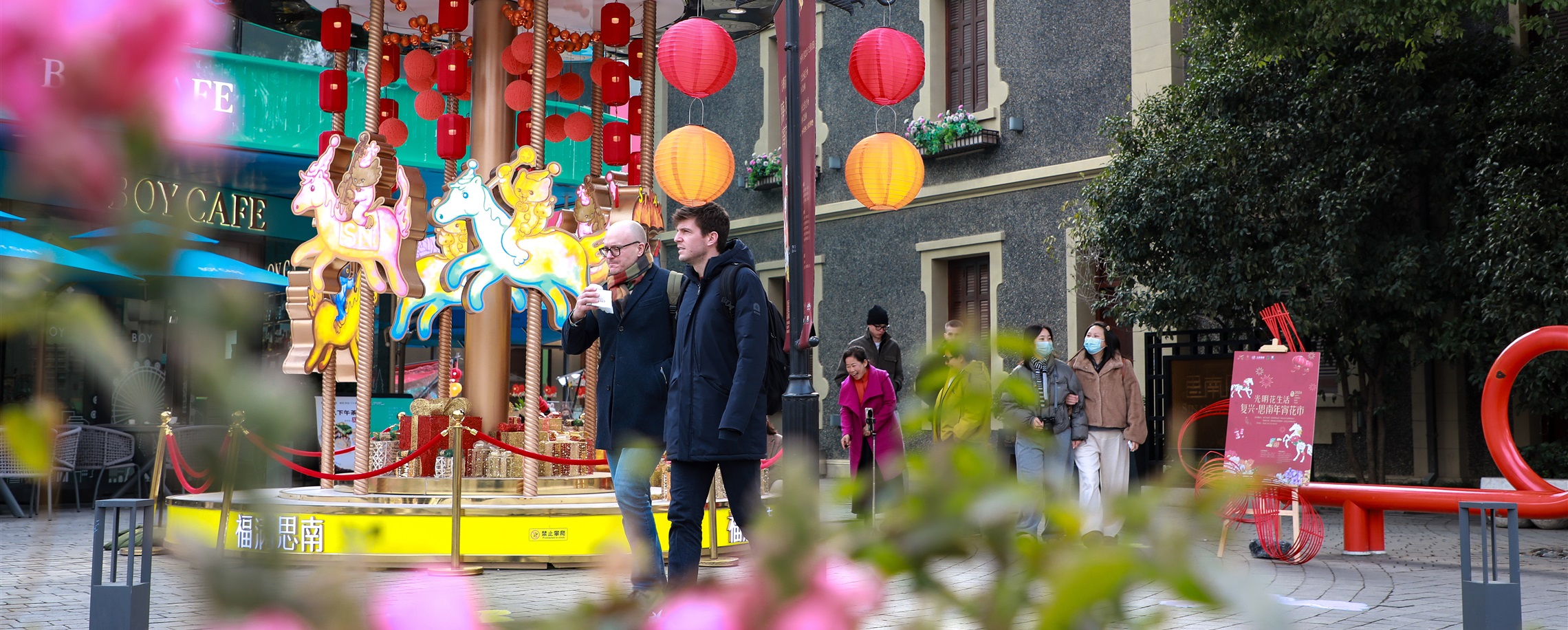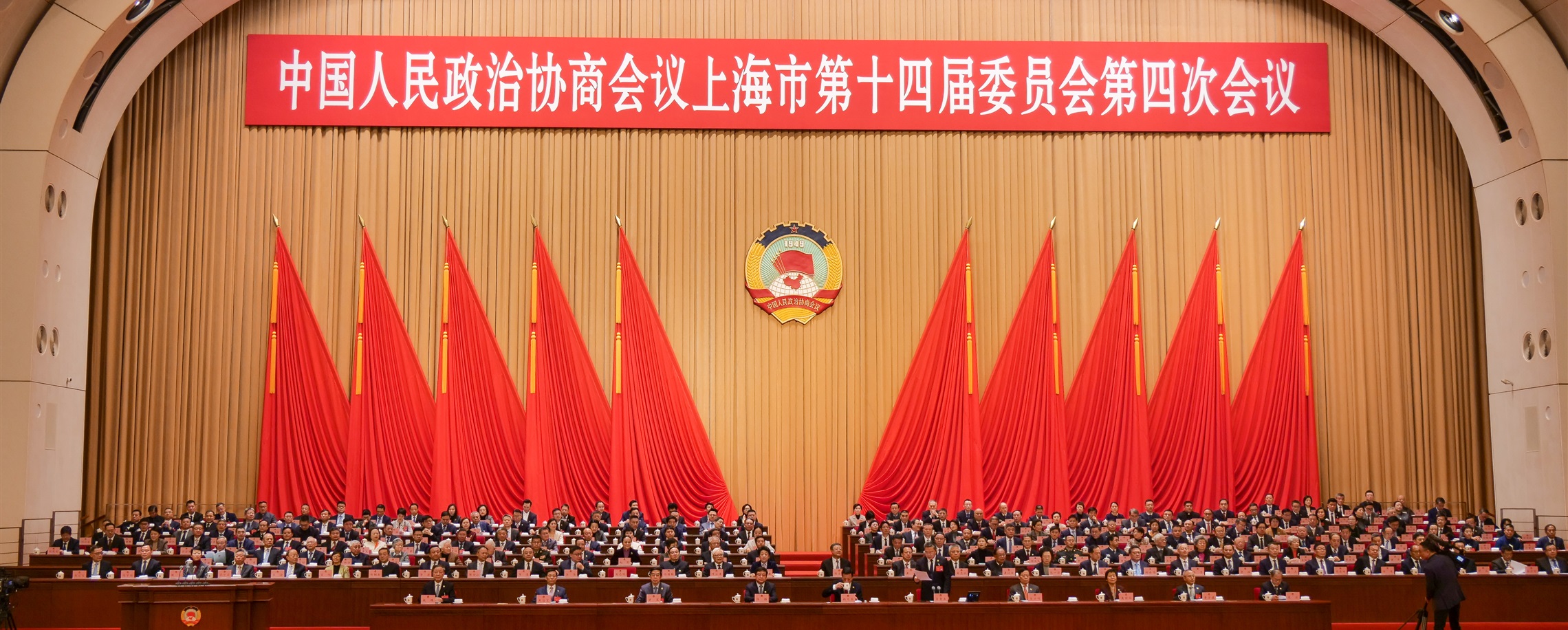Pet show opens with AI-powered products and global ambitions

The Pet Fair Asia 2025 opened in Shanghai on August 20, showcasing a thriving "pet economy" driven by technological innovation.
Smart pet electronics have emerged as the fastest-growing sector, with artificial intelligence leading the way. New products feature multi-cat family management with face recognition and health-focused gadgets like automatic urine detectors.
A stage for high-techs
Chinese companies like Homerun, Petkit and Cat-Link are highlighting their latest smart gadgets, including litter boxes, food and water dispensers and air purifiers, at the show that opened in the Pudong New Area.
These devices offer advanced features like smartphone connectivity, cameras for multi-cat/dog identification and AI-powered health management systems. The new technologies provide pet owners with personalized health reports by monitoring everything from toilet habits to urine and fecal samples.
"This is the first year of rapid development for smart pet appliances," said Zhu Yonglie, a marketing official at Homerun.
The pet industry is attracting significant capital. Data from Qixinbao, a database platform, shows that domestic pet companies secured nearly 1 billion yuan (US$139 million) in financing in the first half of the year. The pet medical care sector, in particular, received about 53 percent of this investment, highlighting its growth potential.

Chinese firms target overseas markets
Chinese pet companies are increasingly focusing on international expansion. They are betting on high-priced products to offset risks from tariffs and other trade barriers. For example, Zhejiang Chaohong, an exporter of pet trackers, stated that its products, priced at over US$50, are relatively less affected by tariffs.
WooHuloo, a Shanghai-based firm, plans to expand into markets like South Korea and Southeast Asia with its stylish and functional designs, positioning itself as the "Pop Mart of smart pet devices." Pop Mart is a Chinese toy company famed for its smash-hit Labubu doll.


A booming pet economy
The show features over 2,600 exhibitors covering the entire pet industry, including food, health care and supplies. This year's event highlights the robust vitality of the multi-billion-dollar "furry baby" economy.
According to iResearch Consulting, the Chinese pet industry market is projected to reach 450 billion yuan in 2025, up from 388 billion yuan in 2024. Qixinbao reported that there were 4.1 million pet-related companies registered in China by 2024, a tenfold increase since 2019, reflecting the rapid growth and immense potential of the market.
In Case You Missed It...








